What Are Wisdom Teeth, And Why Do They Cause Trouble?
Wisdom teeth are the last set of molars that usually appear between the ages of 17 and 25. They’re a part of our evolutionary past—once useful when early humans had larger jaws and rougher diets. However, since genetic evolution, many individuals now have smaller jaw structures, which often do not provide sufficient space for wisdom teeth to emerge properly. This can lead to:- Impaction (teeth that don’t fully emerge)
- Crowding of nearby teeth
- Infections and decay
- Pain and swelling
When Should You Consider Wisdom Tooth Removal?
You don’t always need to wait until you’re in pain to consider removal. In fact, removing them early can help prevent future complications.Signs You Might Need Wisdom Tooth Extraction:
- Persistent pain or swelling in the back of your mouth
- Red, swollen, or bleeding gums around the wisdom tooth area
- Jaw stiffness or discomfort while chewing
- Bad breath or an unpleasant taste in your mouth
- Crowding or shifting of your other teeth
How To Prepare For Wisdom Tooth Removal In Kolkata
Getting ready for a dental procedure can feel nerve-wracking, but don’t worry — wisdom tooth removal is one of the most common oral surgeries, and it’s typically quick and safe.Before The Procedure:
- Your dentist or oral surgeon will take X-rays to see the position of your wisdom teeth.
- You’ll be advised on the type of anesthesia — local, sedation, or general — depending on the complexity.
- Don’t eat or drink anything for 6–8 hours before the surgery if general anesthesia is involved.
What To Expect Right After Wisdom Tooth Removal
What You’ll Likely Experience
- Mild bleeding: Totally normal. Bite gently on clean gauze and change it as advised.
- Swelling: Use an ice pack on your cheeks (20 minutes on, 20 minutes off) to reduce puffiness.
- Rest: Take it easy — no gym, no running around.
- Soft foods only: Think yogurt, smoothies, mashed potatoes, or applesauce — your mouth will thank you!
Managing Pain And Avoiding Complications
- You’ll get pain medication or be advised to take over-the-counter options like ibuprofen.
- No straws, no spitting! Doing so can cause something called dry socket — a painful condition where the blood clot dislodges from the extraction site.
- Keep your head elevated, even while sleeping, to reduce swelling.
For most patients, often asks, How Long Does It Take To Recover From Wisdom Tooth Extraction?
Here’s the answer: our gum is as sensitive as any part of our face; even the slightest pain can make our night’s sleep miserable, right? So, like any other treatment, wisdom tooth extraction will also take a little time to heal. Though not a critical treatment, you’ll start feeling better within 3 to 5 days, and complete healing might take a few weeks. Here’s a quick recovery timeline:- Day 1–2: Mild swelling, rest is key
- Day 3–5: You’ll feel much better and can return to light activity
- Week 1: Stitches (if not dissolvable) may be removed
- Week 2+: Your gums and jaw continue healing in the background
Dos And Don’ts After Wisdom Tooth Extraction
Do:
- Follow all post-operative instructions from your dentist
- Rinse your mouth gently with lukewarm water after 24 hours
- Keep your head elevated while sleeping
- Eat soft foods and drink plenty of water
Don’t:
- Avoid smoking or drinking (soft and hard drinks both) for at least 72 hours
- Do not eat hard, crunchy, or spicy foods
- Do not touch the extraction site with your fingers or tongue
- Don’t skip your follow-up appointment if one is scheduled
Frequently Asked Questions About Wisdom Tooth Removal
It’s completely normal to have questions before or after your wisdom tooth extraction. Whether you’re preparing for the procedure or just curious about what comes next, understanding the basics can ease your worries and help you make informed decisions.1. Is Wisdom Tooth Removal Painful?
Most people feel minimal pain during the procedure due to anesthesia. Post-surgery discomfort is usually manageable with prescribed medicine and good rest.
2. Can Wisdom Tooth Removal Affect My Smile?
If your wisdom teeth were crowding your other teeth, removal can actually help protect your smile alignment, especially important during or after Orthodontic treatment in Kolkata.
3. Can I Get Dental Implants After Wisdom Tooth Removal?
Dental implants usually replace missing molars or incisors, not wisdom teeth. So, if you’re missing other teeth, implants can help restore function and aesthetics.
4. How Soon Can I Get Braces After Wisdom Teeth Extraction?
Orthodontists may recommend removing wisdom teeth before getting dental braces to avoid crowding. In most cases, you can begin orthodontic treatment a few weeks after extraction.
5. Can Wisdom Teeth Grow Back After Removal?
No, once a wisdom tooth is removed, it doesn’t grow back. However, if an extra tooth (supernumerary tooth) is present, it might be mistaken for a “regrowth.“


